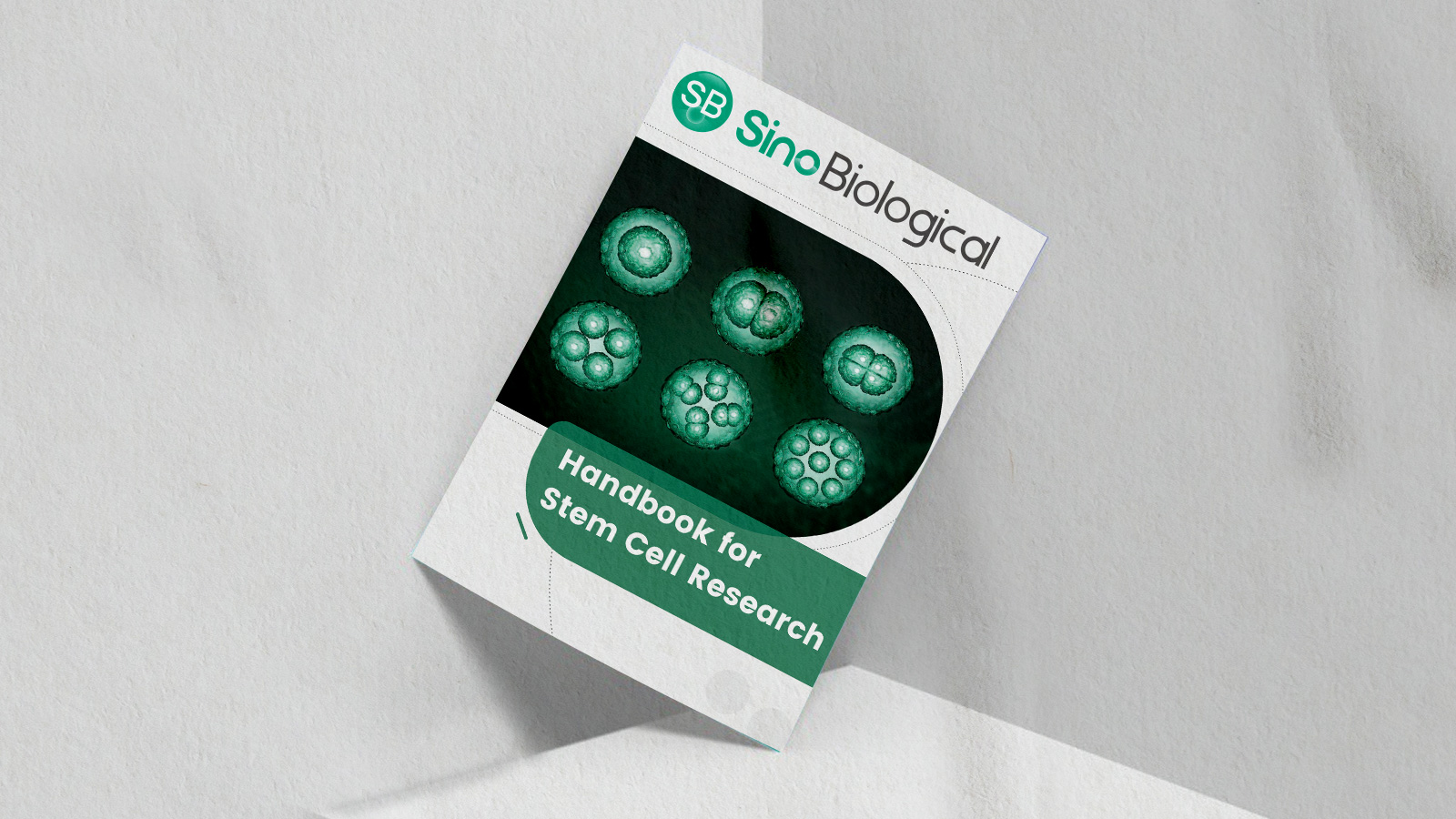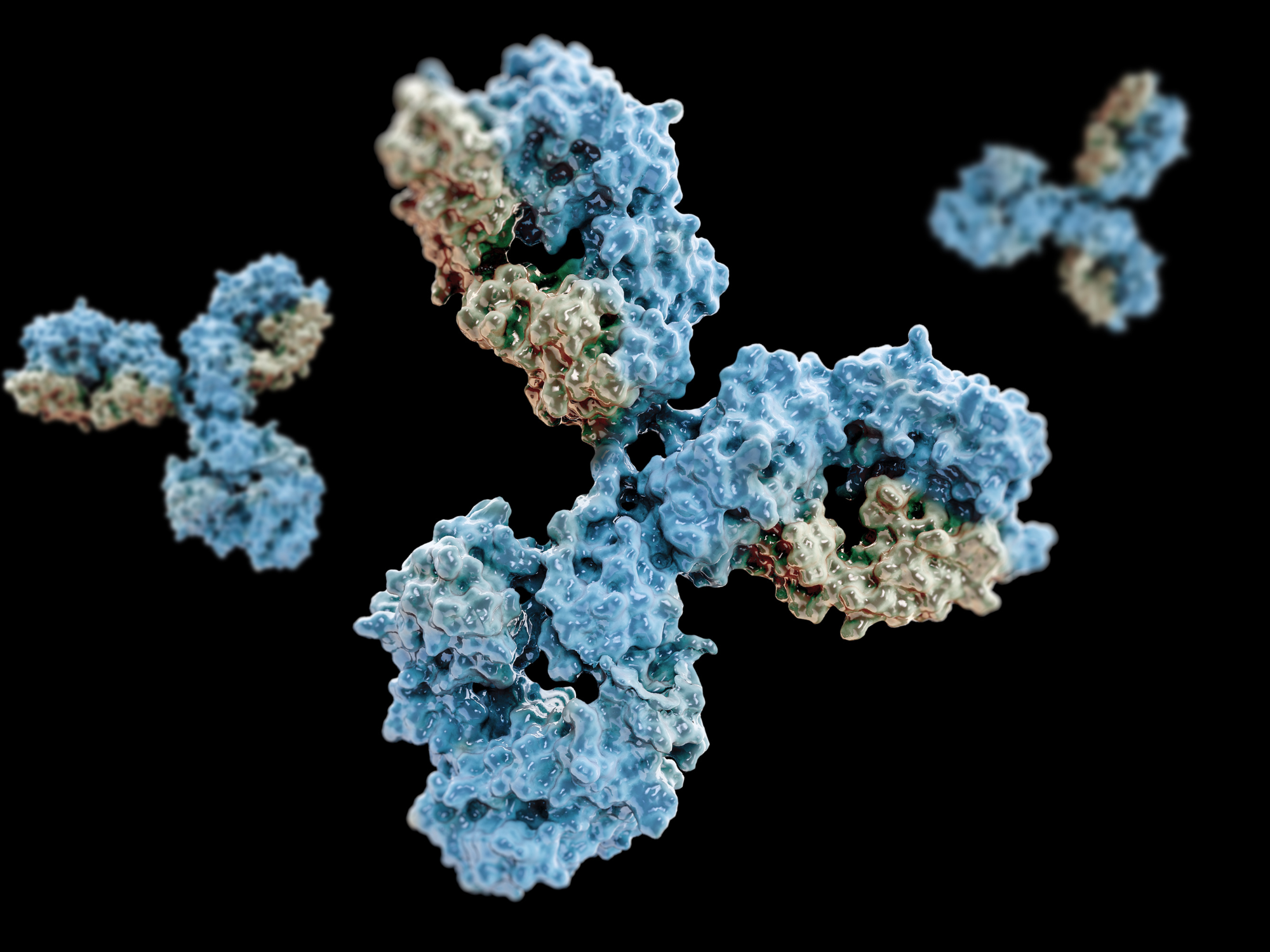Handbook for Stem Cell Research

The unique self-renewal and differentiation capabilities of stem cells have created new opportunities for studying disease targets and pathways, pharmacology and toxicology data, and personalized medicine while reducing animal testing. This electronic handbook discusses the different types of stem cells based on their origin and potential, as well as the factors that direct their differentiation toward specific lineages or cell types. Not only featuring specific proteins and antibodies used in the cell culture and characterization of each type of stem cell, the Handbook for Stem Cell Research also showcases the differentiation factors and markers used to identify and isolate mesenchymal, hemopoietic, neural, and even cancer stem cells. Furthermore, readers can use this handbook to learn about key transcription factors like Oct4 and Sox2 that regulate stem cell fate decisions or how specific growth factor cocktails lead to the development of stem cell-derived organoids resembling the heart, liver, and lungs.









